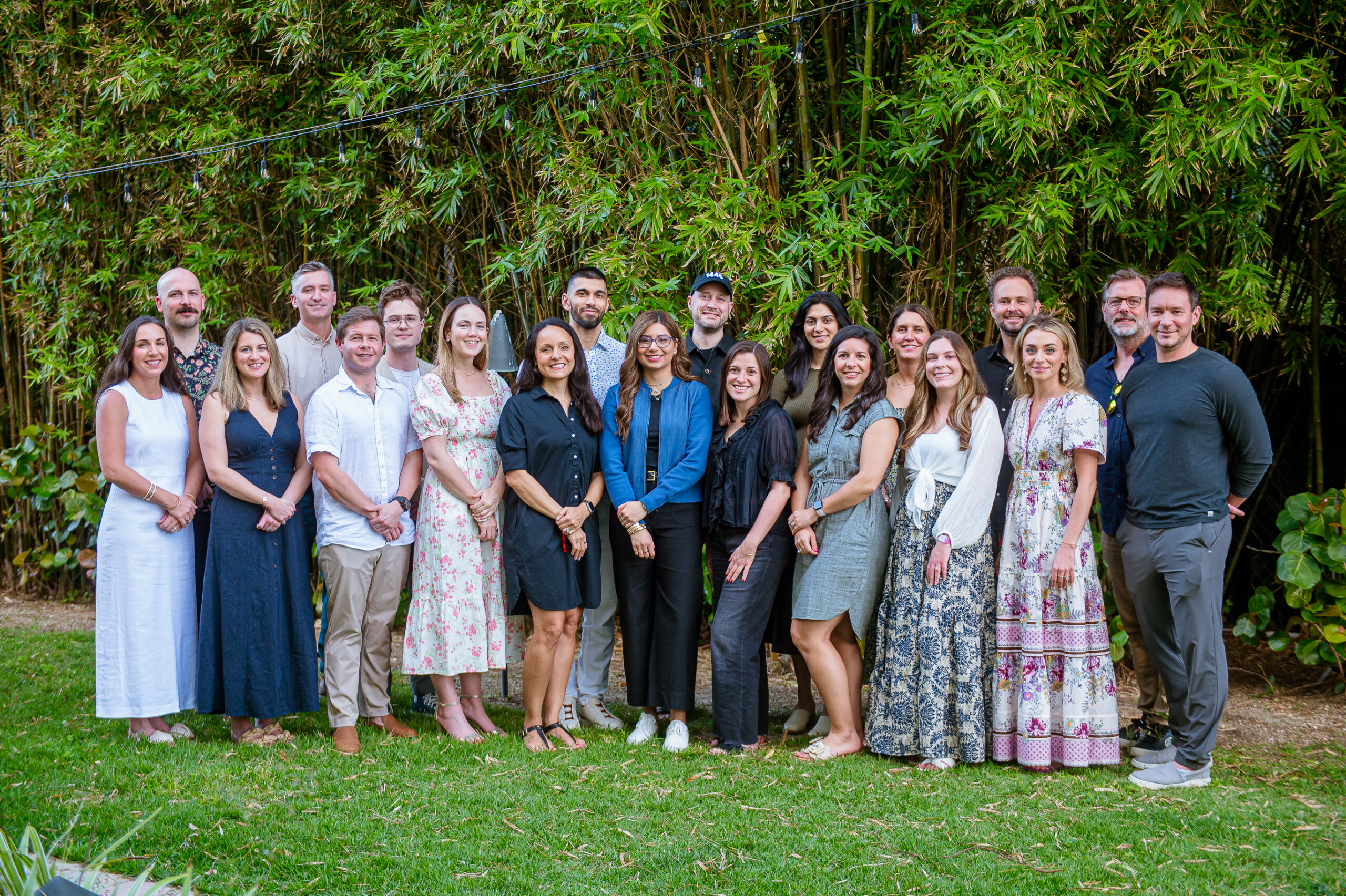
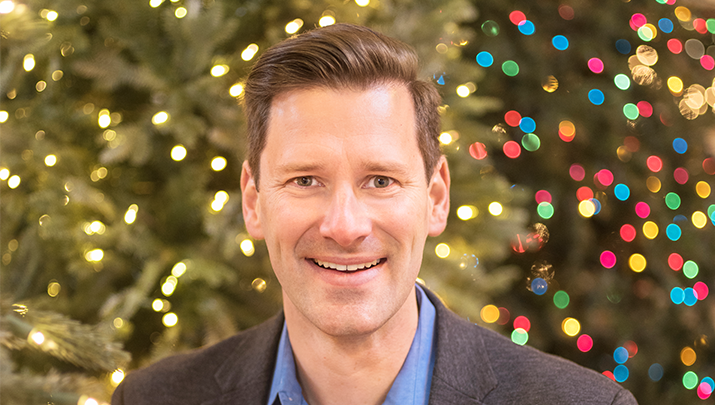
Our Mentor Program Isn’t Perfect But It’s Just What We Need
- Mac Harman
- Balsam Brands
When our company, Balsam Brands, took off like a rocket in 2006, we had to quickly design a business that would last for the long haul. We knew that above everything else, we wanted to create a place where our employees would be happy and fulfilled and would love their jobs. We are not saving the world here — we are selling artificial Christmas trees and home decorations. So we felt this kind of people-first workplace would be critical not only for our company’s success, but for everyone’s personal happiness.
Although I was only 30 years old when I started the company, I had already been in business for a number of years working for McKinsey, a large nonprofit, and running my parents’ manufacturing business in Ohio. I had seen what worked and what didn’t. I knew that happy workplaces are ones that give employees opportunities to grow both professionally and personally.
That’s why we developed our mentor program, which has gone a long way toward ensuring employee growth and happiness. It’s an idea that we encourage all Evergreen companies to adopt.
How does it work? Mentors are separate from managers. Managers oversee work goals and have a say in things like raises and promotions. Mentors are there for support. A mentor is there to listen and offer guidance.
At least once a year, each employee meets with their mentor for what we call a Development Chat (it intentionally is not a review). Armed with feedback from several of the worker’s peers, mentor and mentee discuss how things are going and set some goals for the coming months. If those goals are all business-related, that’s kind of a bummer. We want these discussions to be more holistic, which could include goals like going to the gym more, eating healthier food or taking up a new hobby.
Those are the formal mentor meetings, but mentors are available anytime a worker has a problem or needs a friendly ear or some advice. We hope employees will meet with their mentors three times a year — even if it’s just for coffee — but we don’t force it down anyone’s throat. The whole point of the mentor program is to encourage employee happiness and to make Balsam Brands a place where people love working.
Although we’ve found this system to be incredibly beneficial and a big part of the reason we have such low turnover, I’d be lying if I said it wasn’t time-consuming. Not everyone is a great mentor, so the people who do sign on to the program end up taking on more work because they will often have several mentees. There are people in the company who are giving feedback to between five and 15 employees. To ensure that feedback is valuable and productive, people who are asked to review their peers are expected to be very thoughtful in their responses, which also takes time.
We’ve searched far and wide for a way to redesign this process to make it more efficient. But here’s the thing: Whenever we talk to other companies about this question, they almost always end up wanting to adopt our program. They see how inspired our employees are and they want to try and replicate that in their own company.
Every Evergreen CEO knows that in order to build a 100-year company, you need to put your people first. Although we don’t think our system is perfect, it’s achieved our goal of creating a satisfying, happy workplace. Thanks to our talented team, our company has continued to expand; last year we did $90 million in revenue and were named to Forbes’ Best Small Companies list. The future looks bright for Balsam Brands thanks in part to our mentor program.
Mac Harman is the CEO of Balsam Brands.
More Articles and Videos
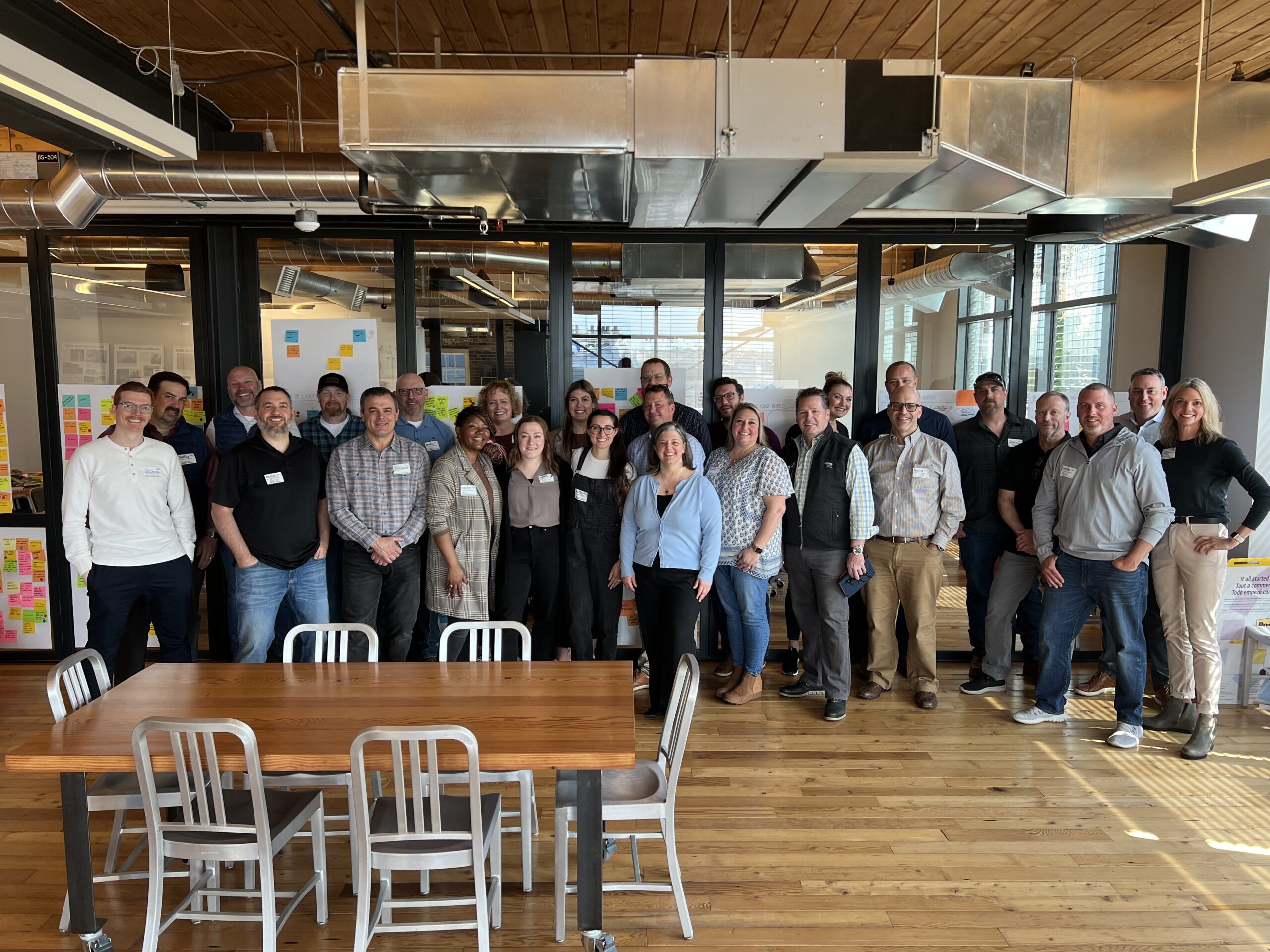
Creating an Employee Value Proposition Straight from the Source
- Bart Ricketts
- Lease Crutcher Lewis
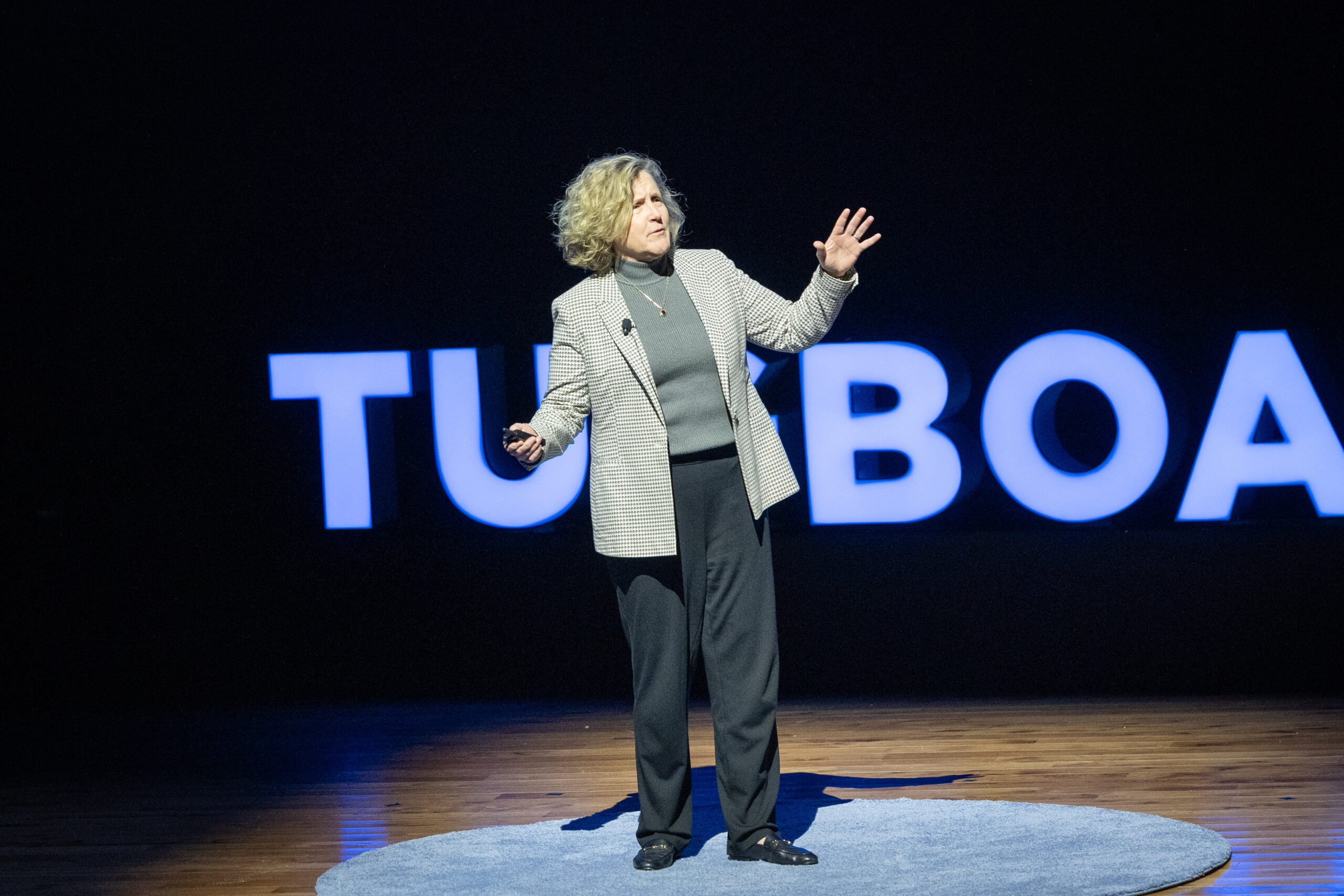
Both/And Thinking: Harnessing the Positive Potential of Tensions
- Marianne Lewis
- Carl L. Linder College of Business, University of Cincinnati
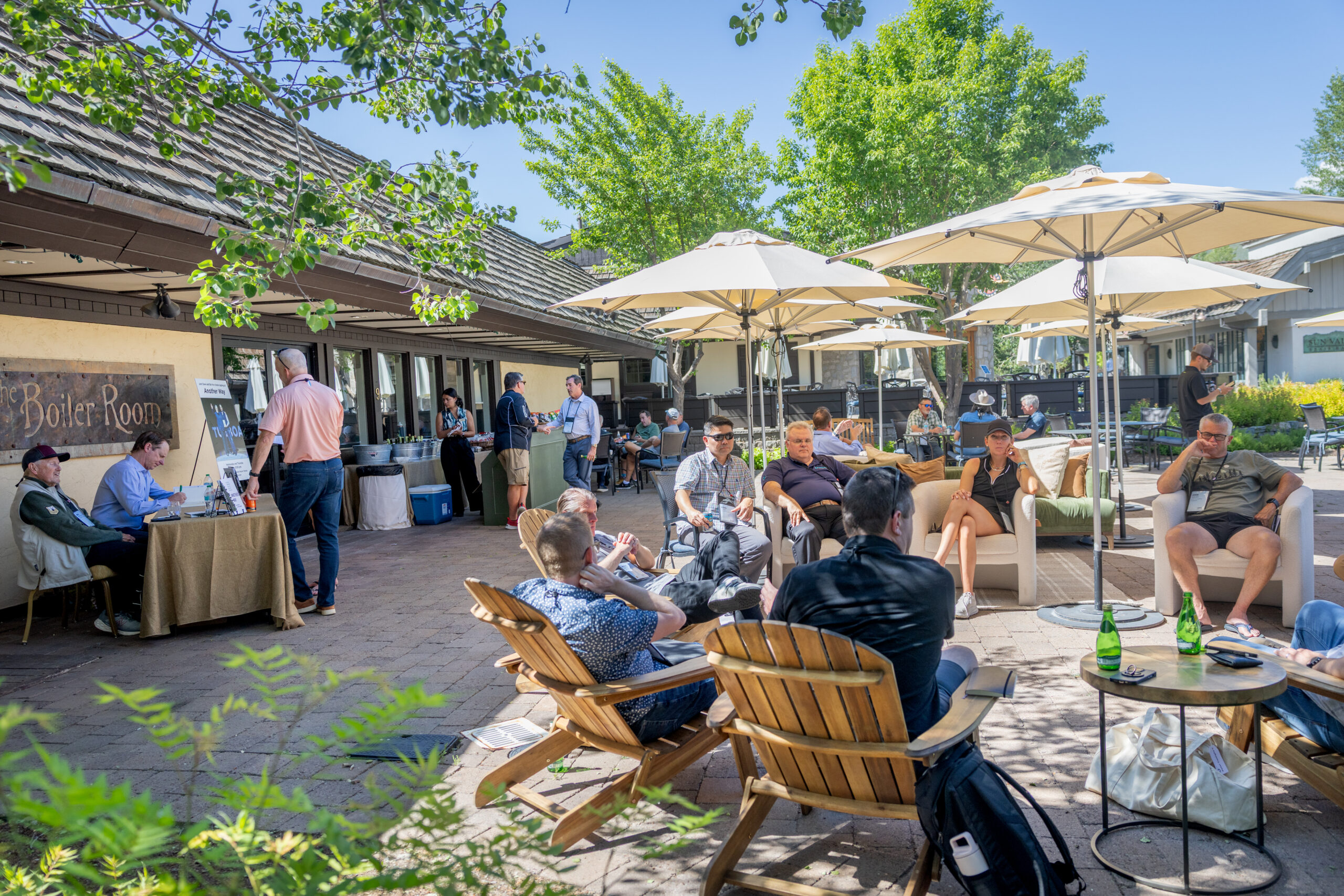
Leading Through Uncertainty – Tugboat Institute® Summit 2025
- Jackie Hawkins
- Tugboat Institute

Get Evergreen insight and wisdom delivered to your inbox every week
By signing up, you understand and agree that we will store, process and manage your personal information according to our Privacy Policy
